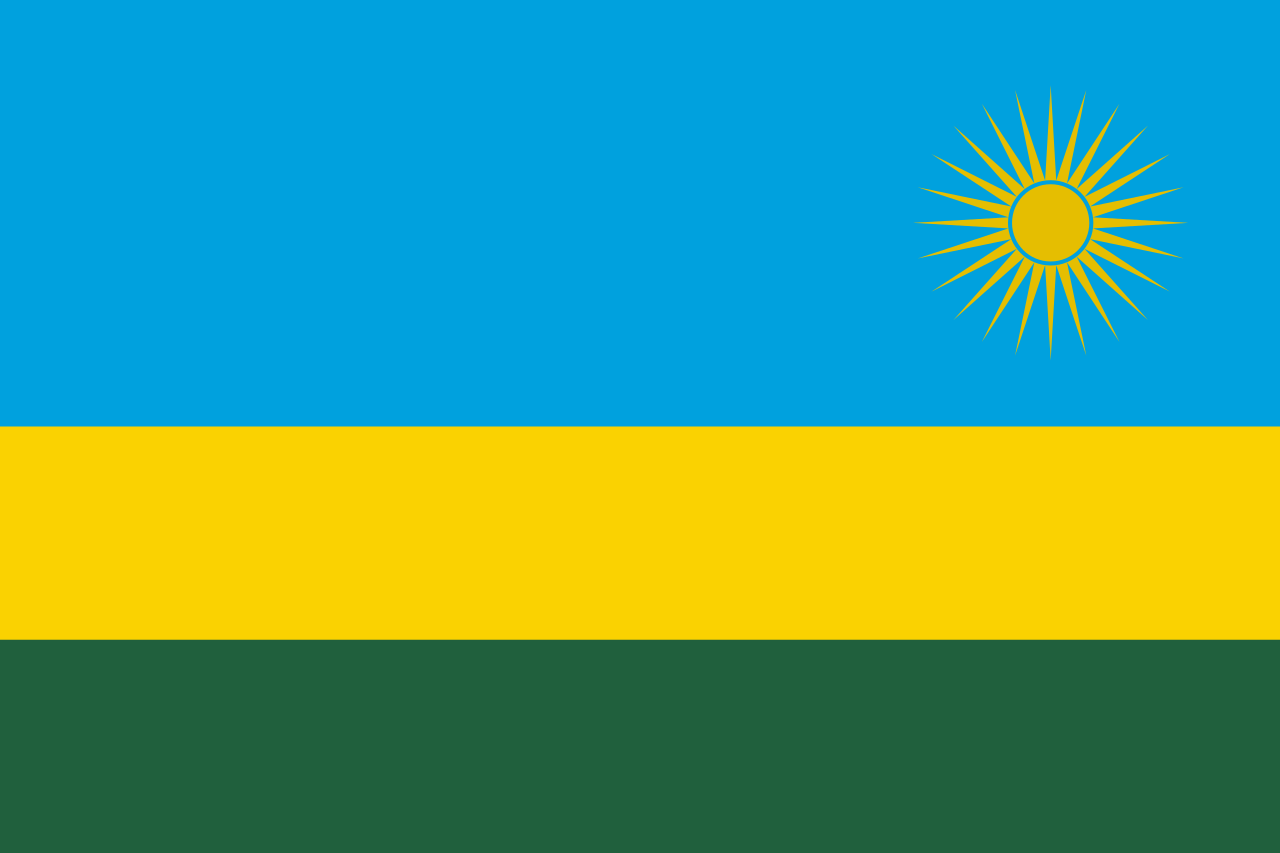KIGALI, June 30 (Xinhua) -- Rwanda's direct economic losses from the disasters triggered by heavy rains in May amounted to 222.31 billion Rwandan francs (about 191 million U.S. dollars), Rwandan Prime Minister Edouard Ngirente said Friday.
During his presentation to the plenary session of both chambers of parliament, Ngirente provided an overview of the government's actions in disaster management and prevention.
Ngirente emphasized the gravity of the challenges confronted and highlighted the cruciality of implementing effective measures to mitigate and respond to such natural disasters.
He said since May, efforts have been underway to repair a total of 438 houses, while new homes will be constructed for 3,088 families whose residences were destroyed.
As part of the government's response and support for affected families, 3,711 households were provided with rental assistance for a period of three months, along with food and basic necessities, while their homes are being repaired or built, said Ngirente, urging families and households still residing in high-risk areas to promptly relocate to safer regions.
At least 135 people were killed and 110 others injured in the disasters triggered by heavy rains in May in Rwanda. More than 20,000 people were displaced after nearly 6,000 houses were destroyed.
Last month, the Rwandan cabinet approved the National Disaster Risk Reduction and Management Policy, which aims to strengthen the legal and institutional framework for disaster management and build capacity for disaster management at all levels. - Xinhua






